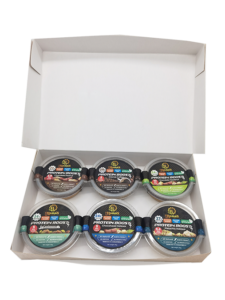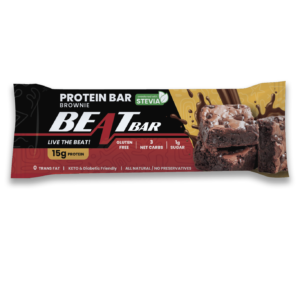Products labeled as “sugar-free” and made with maltitol are marketed as a “sugar free”, and it is promoted as a healthy with “no added sugar” sweets. However, maltitol is not considered a good sugar alternative and can be misleadingly marketed as a low-carb option.
Maltitol and Glycemic Index (GI)
The Glycemic Index (GI) is a ranking system that measures how carbohydrates affect blood glucose levels. Maltitol syrup has a GI score of 52, which is considered high and close to that of white table sugar with a GI score of 62. This indicates that maltitol can significantly increase blood sugar levels.
Maltitol and Blood Sugar Levels
Due to its relatively high GI score, maltitol can raise blood sugar levels in as little as 30 minutes. This means that the “sugar-free” labels on many products containing maltitol can be misleading, as maltitol can still affect blood sugar levels despite not being classified as sugar.
Maltitol and Keto Diet
Maltitol is not considered keto-friendly due to its impact on blood sugar levels. It is important to always read the ingredient labels of “sugar-free” products to ensure they do not contain maltitol, as it can hinder a keto diet.
Recommended Alternatives
For those looking for sugar substitutes suitable for diabetes and weight loss, it is recommended to choose natural keto-friendly sweeteners with a GI score of 0, zero calories, and zero carbs. Some options include:
- Stevia sweetener with an erythritol base (GI score 0), avoiding stevia with maltitol base.
- Monk fruit sweetener with an erythritol base (GI score 0), avoiding monk fruit with maltitol base.
- Erythritol (GI score 0).
Xylitol is also a good alternative, with low calories and low-carb, and a low GI score of 12, containing only 3 calories per gram and 4 grams of carbs per teaspoon (4 grams).


